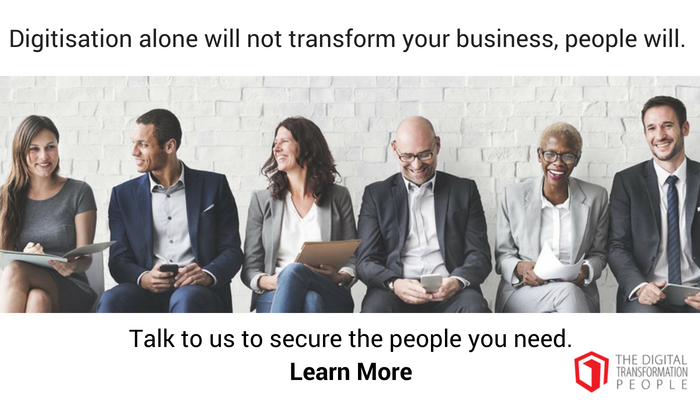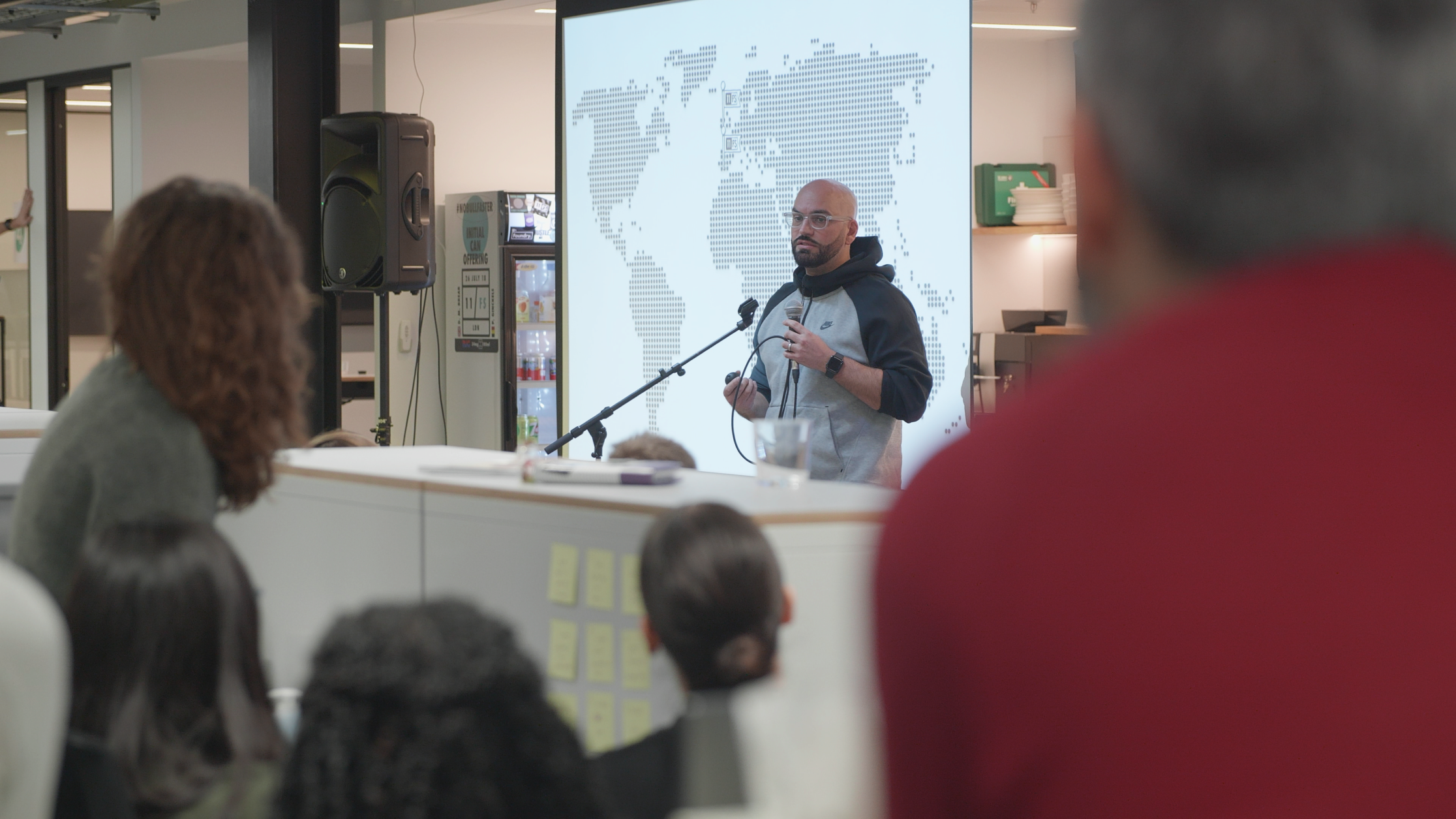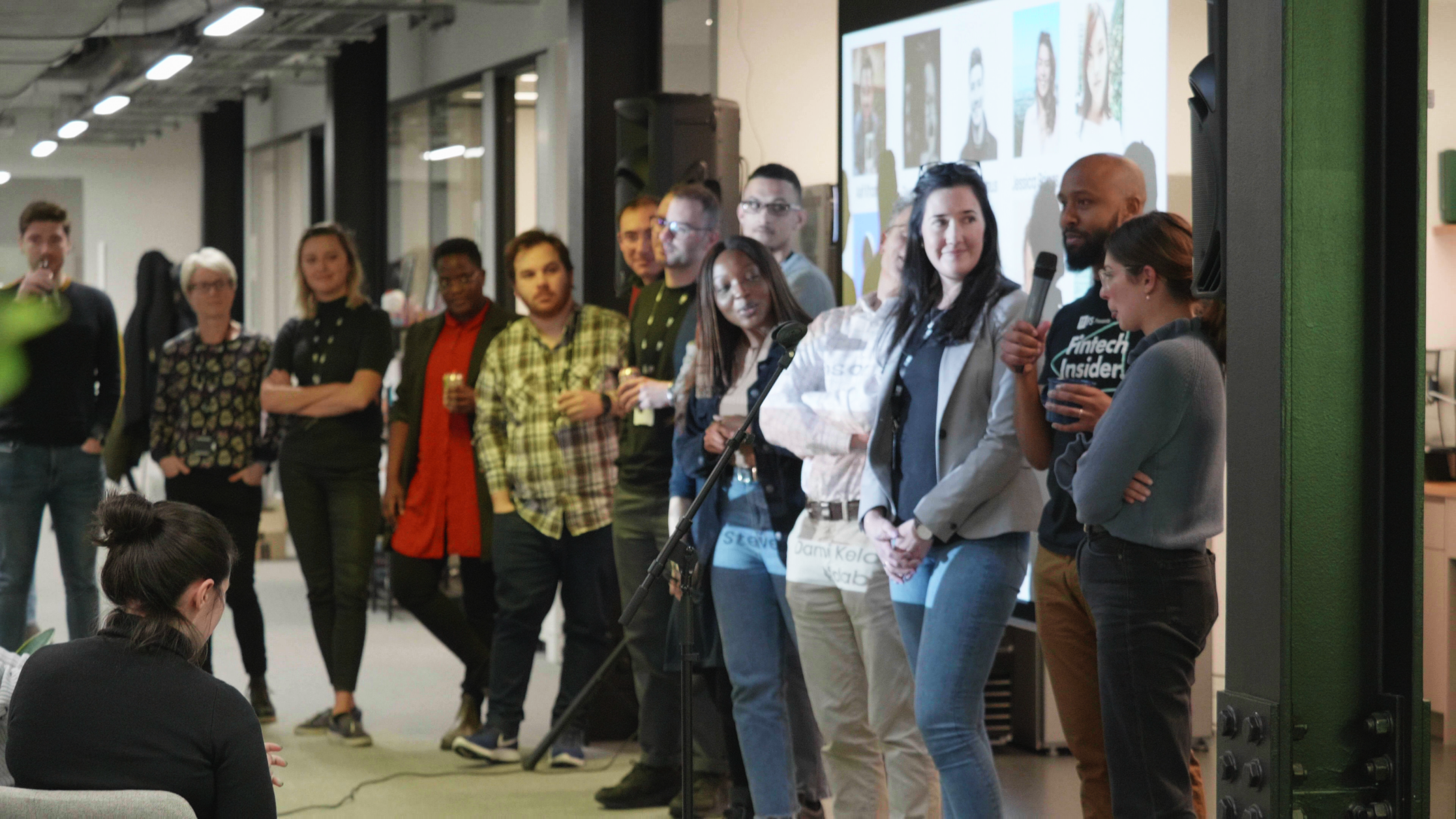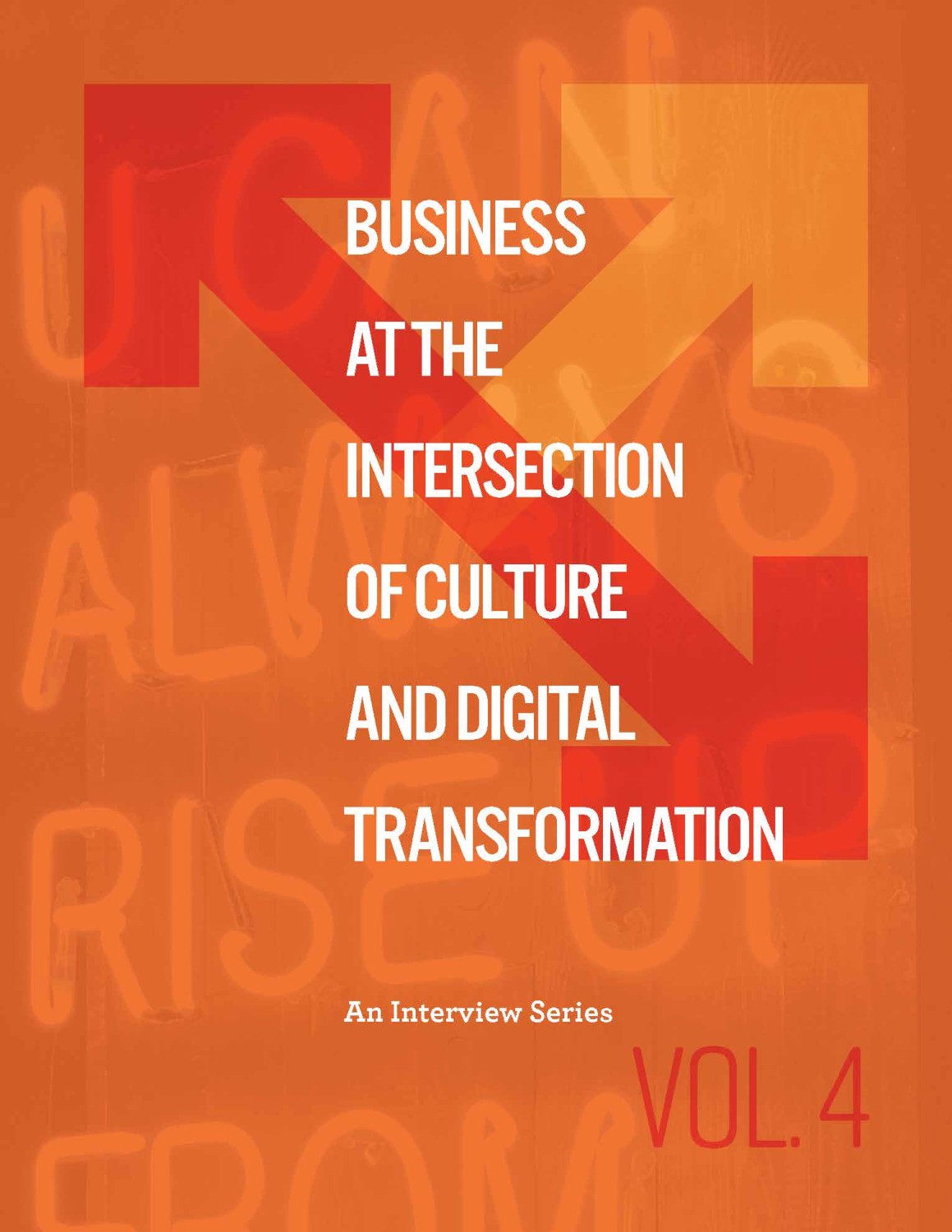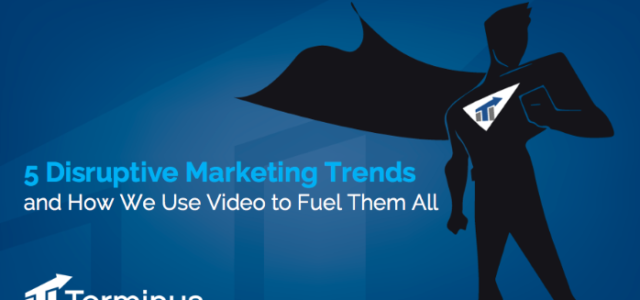Several interviews in my series have been the result of following organizations who have a well-documented history of being culture-first. Some have been a serendipitous “accident” where an organization or leader flashes across my social feed and their passion for people and culture is palpable. David Brear, CEO of London-based Fintech consultancy 11:FS, was one of those.
Amidst a slew of typical business updates, there was a slew of profoundly passionate culture-centric comments from David. Comments that begged further exploration. What I uncovered was a remarkable organization operating in one of the toughest sectors attempting Transformation – Financial Services – that has culture at the core.
One that is seeing an enviable level of global business growth and expansion from taking that approach. I caught up with David from his UK home office delightfully festooned with Imperial Stormtrooper and Darth Vader helmets.
HB : David, always a delight mate. Another busy week for 11:FS so thanks for taking the time. I always start by asking for some company background so Readers can get a flavour for you and your organization.
DB: Yeah, sure. 11:FS is a young company, only four years old. As a company we do all sorts of things from helping large financial organizations build out brand new greenfield services and products to building out our own products too. I guess the story of the company is very similar to the story of the founders.
We’ve all worked in all the different angles of financial services and actually that frustration stimulated a desire to really do business in a completely different way. Case in point was the documentary we did about the Financial Crash of 2008 which sprang from wanting to bring thinking and opinion to our banking community in unique ways. It meant telling a story that hadn’t been told before.
The reality is that when you stand back from what’s happened over the last 11 years since then, the flourishing of the fintech and financial services ecosystems that have sprung up globally, without the actions of three or four people from 2008 to 2010, none of this fintech stuff would actually exist.
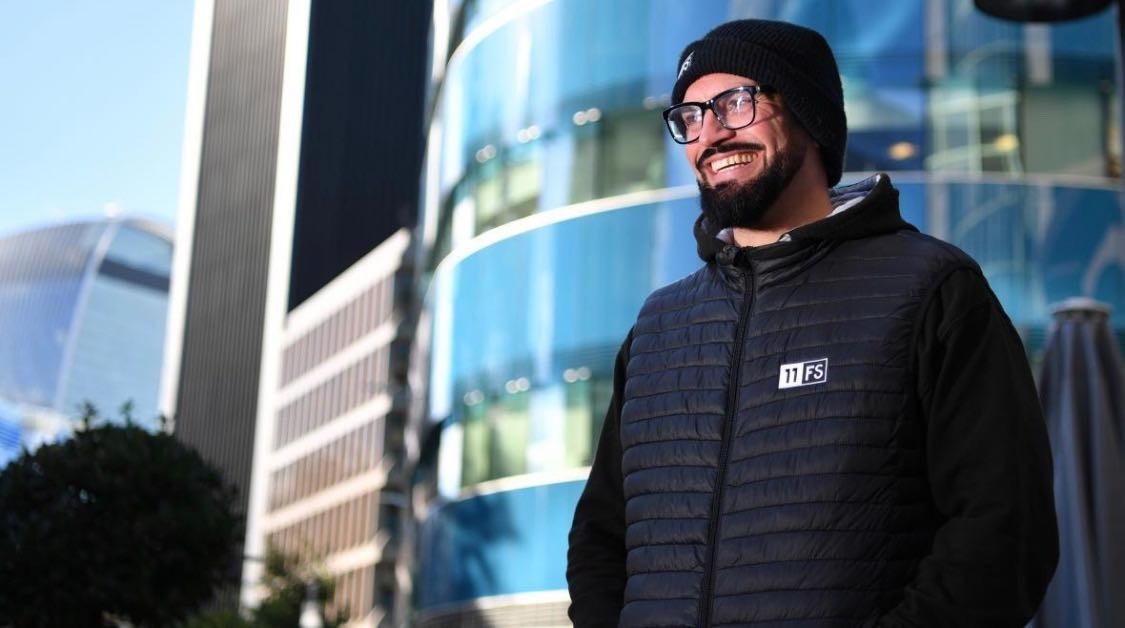
HB: Perfect segue to a frequent conversation about Financial Services and their ability to genuinely transform. Is it unfair to label most Financial Services as slow and lumbering? In the work you do, what role does culture play inside transforming these behemoth organizations?
DB: There’s definitely some truth in that but it’s also an over-simplification too. Sure, there’s a lot of talk about legacy technology or, you know, the regulator won’t allow me to do this and that. But fundamentally everything all big organizations face is cultural change. Some of that’s historical. Banks are a very heavily regulated industry and the risk aversion that comes from that.
But actually, I think it’s 300 years of success that’s the real issue when it comes to some of these organizations. They’ve really sort of calcified around the things that made them successful at this point. It’s more about the people who always believe the thing that made them successful in the first place will make them successful forever. And I think banks have definitely suffered from this.
HB: Can you expand on that in terms of that wonderful phrase “Digital Transformation”?
DB: <Laughs> Absolutely. You know, we’ve sort of gone from this analog world where banks completely understood the rules of the game to this new(ish) digital world. A world where everything is facilitated through the internet. And unfortunately, with that, the rules of the game, the value chains or even the supposed barriers of entry that stopped others from coming into the market fundamentally changed.
And the banks are definitely scrambling to keep up with it. Just as fundamental, digital is now a small team sport. It’s not how many people you have or how much money or how big your tech stack is. It’s actually how good you are at doing these (digital) things. And this is really what fintech has done most. It’s not about shiny apps or freezing credit cards remotely or whatever. It’s about the fact that they can do things in seconds that would have taken people months to do.
And actually, usually for fractions of the cost. So, you look at any industry where this type of rapid change has happened, it takes major scale, cultural transformation to really make it happen. And this is really the major problem every bank on the planet is facing.
HB: So, for an organization like 11:FS , is the reality you face mean going into a client scenario where perhaps slow and lumbering is the order of their day, and you’re advocating and practising fast, agile and nimble?
DB: Yeah, it’s a challenge for the banks themselves, you’re talking about a hundred-thousand person organization, right? So, cultural transformation is not something, you can issue a memo on the intranet and ask everybody to do better.
In my experience, culture is this weird paradigm of being something that is both the most important thing in an organization, but fundamentally the very least understood.
I think when you say culture to a bank, they think free lunches and beanbags in the corner to relax in. Culture is a really big deal, but the reality of actually how you make culture or you change culture is something that most people just really, really struggle with. Not surprisingly, when you’re so focused on shareholder value or revenue, the culture comes second to those things. And if culture comes second to those things, then actually there isn’t a culture there at all, or not the culture that you need to remain sustainable.
In my mind, if you look at the organizations that are heralded for moving forward and having a great culture it requires a commitment from all people in that organization, and actually they do it from the ground up – this isn’t a CEO-mandated kind of thing. Here at 11:FS our stated vision is to change the fabric of financial services.
But our mission, the fundamental mission of 11:FS is to unleash talent. And the way in which we do that is by having a culture that will allow people to do the very best work they’ve ever done in their life. Not because we’re just, you know, nice people. Although we are. <Laughs>
But because it’s just great business sense – you hire really, really smart people, give them the frameworks, the environment and the decision making rights, like pushing power to the edges rather than the center, then actually it’s just better return on investment for you as an employee, as an employer. This is what many leaders don’t seem to really understand. It’s like hiring the beautiful Ferrari and driving them at five miles an hour. It just doesn’t make any sense.

HB: Excellent point about leadership and unleashing talented people. So where did your personal passion for culture spring from?
DB: I often get asked that question. Was it some place you’ve worked where you’re like “this is the archetype business”. And actually, if I’m honest with you, I have probably learned more from places where things weren’t great than the places where it was. It’s way easier to identify when a culture or a leader is exhibiting behaviors that you wouldn’t want to emulate, like inconsistency, anger, ungratefulness, all of these things.
What I actually go back to though is sports, the mentality within team sports and the core idea that it is all about the team. In successful sports teams it is about really understanding the performance, thinking about what you can do better next time so you’re actually improving these things.
And that actually it’s as much about psychology as it is physiology – you need to make sure that people feel right, and actually this is a big part that’s often missed off with this stuff. Things like mental health are put down as a fluffy thing, but honestly, you can have the fastest, best football player in the world and if their head’s in the wrong place, all that skill is totally irrelevant.
HB: Hard to argue that with a passionate South African rugby fan like myself David. So what’s the culture you’ve built within 11:FS? What’s your underlying philosophies?
DB: The culture piece has always been central to building 11:FS and, across the founders, we really do have some strong opinions on it. One thing we honestly all believe is if you create the right culture, then leaders are just not that important. I think it’s a missing idea in many companies.
If you really create a sustainable culture where every node within that team is self-cleansing or self-regulates that for me is utopia. Because at that stage then the values or communication methods or rituals of the company have been continually reinforced and now are second nature.
As an example, shockingly from the sports world, I’ve got a lot of admiration for Barcelona football club for the way in which they went about the establishment of how to play on that team. It all started with just simple ways to allow people to understand how to behave, right? If you lose the ball, you do this. If you can’t get the ball back, you do this. And it actually was nothing more complicated than two or three very simple, very basic rules that the entire team understood deeply.
I often feel that people try and overthink these things. Often the problem is trying to emulate the signs of success rather than the things that truly made those organizations successful. You get people saying stuff like it’s about bean bags, PostIt notes and free lunches for people; and not really understanding that actually most of what culture is just giving your people meaning and purpose.
THEN if you follow through on the actions, the rituals, you consistently communicate the purpose of the organization and ensure people align to it…you can make people superhuman.
HB: There’s a belief that founders, or companies where founders are visible and very active, have an advantage because the beliefs, the history, the culture is literally walking the halls. 11:FS has just opened across the pond in New York, how have you been able to translate the culture to a new city, a new country?
DB: Yeah 11:FS is certainly growing quickly. Probably my only real objective at this stage is for the company to be kind of a self-fulfilling nature where I actually could be out of the organization for three months and it does not matter. I think that’s a fundamental difference when people are in an organization where they’re trying to build an empire that sustains them, rather than one that can outlive them.
As an organization 11:FS has many great leaders across it, but actually the people who are the sort of cultural pillars of the organization are not the most senior people within the organization. And actually, that’s the point where the whole model is what I call self-cleansing.
Where people across the organization, not just the leaders, are continually reinforcing the values, the attributes, the rituals, the things that matter most to us. I genuinely feel that’s why we have so much momentum right now because it has become this thing where everybody buys into where we’re going. And that moves us forward.
You know, we’re not really one company. We’re a combination of five or six different companies. We purposefully operate in this distributed way where centrally we’re highly aligned and loosely coupled in terms of structure but we’ve pushed decision-making much more to the edges, empowering people to do what they think is the best thing, knowing that sometimes it won’t be the best outcome but actually when we do that, when we give people the opportunity to learn and move forwards that actually has allowed us to take on more and more without losing quality or speed.
Regarding the 11:FS office in the US, we’re now four years into our journey but we’ve already been doing work in Australia, South Africa, China, Singapore, South America, all over the place. The problems are mostly the same. I think the way in which you have to communicate to people is slightly different. The unique cultural nuances.
But the problems are the same. The major thing for us, in terms of our people and even our clients, is about generating trust and authenticity. Can you create trust with your people? If you can deliver authenticity and actually show people that you’re passionate and positive about the subject matter you’re communicating about, then actually, you know, people are just people.
Finally, it’s also about nurturing a group of kindred spirits or people that aligned from a values and a purpose perspective. If you look at my management team, I’d say we’ve been auditioning each other for the last 10 years and we sort of just knew at some point we were going to end up working together.
In building out that group, I think people often mistakenly try to define a job then try to find a person to fit it. Actually, from a culture and business building perspective, it’s better if you find a person that really aligns to the direction, then define a role around that. In my experience, that works a lot better because nobody really ever lives up to a hundred percent of the job description anyway.
People talk about a square peg in a round hole being a problem, but I actually think it’s more dangerous to have a round peg in a square hole because actually if you don’t know where people’s edges are, then actually you can put them into circumstances that they don’t feel comfortable with or feel out of their and that is never good. For them or for the company.
HB: Adore the “find the edges” comment. Can you give me a flavour of some of the ways you work inside 11:FS to reinforce these things?
DB: Sure. The irony is they’re a combination of small, little things. But they’re our small, little things. Small things like we always prefer face to face communication. So it doesn’t have to be literally face to face, but we very rarely make phone calls because if you really want to show empathy to people or you really want to have a conversation with somebody, then Google Hangouts or zoom or whatever, actually allow you to show yourself and communicate with people in a completely different way.
From a ritual perspective, the whole company comes together on a Friday but every day everybody in the company at 11:FS posts on our SLACK channel the most important thing that they have to do that day. That’s something that we’ve done since we were 5 people, now we’re 180, we still do it every day.
That particular ritual is important because it forces us to really focus. Across the whole company, we each reflect a little bit on what is the most important thing that I achieve, write it down, share it and focus on it. It’s a very powerful catalyst for us.
We’ve recently done a lot of work to really establish our values and the attributes that really sort of matter most to us. An exercise of expanding out when we lived by three main rules. Which was our core belief that digital banking is only 1% finished. The key policy sentiment was “don’t be a dick” and even that was purposeful because it was quite deliberate.
For us, when you give people the decision making or the authority to think for themselves, actually most are very responsible and assess their decisions on a personal level and actually bring more of themselves to work than just adhering to a bunch of written rules and guidelines.
HB: I’m hearing a lot of autonomy and distributed decision-making. Treating adults like adults. Any other key aspects of the 11:FS culture?
DB: Sure. Always, always be falling forwards. That’s been in my Twitter bio for four or five years but it’s how I live life. I’d rather fail trying to do something than miss an opportunity. That idea is probably wired into our company’s sort of restlessness and our constant focus on making an impact. And in some strange way I think it speaks a lot to the problems that are actually within financial services right now.
Because of the technology, because of the operational processes, everything takes a long time and costs a lot of money and that creates a rigidity, a fear to try new things because so much is at stake. Whereas if you look at the best organizations in fintech or Silicon Valley or China with the operational capability that they’ve built, you know, they’ve mastered failing small in a way that doesn’t mean that you’re betting the house every time. The problem is if you’re forced to make big bets, everything is scary and everything is high risk.
For us at 11:FS it’s about keep polishing, polishing, embellishing, moving. Honestly, build, build, test, learn. But also just communicate. I mean the best way to find out if something is a good idea or not is to discuss it with somebody else who’s smart. And if you can do that and then rule things in, or out, quickly things get momentum really fast. That’s what we’ve seen is possible when you’re failing forward and not betting the farm.
HB: Great answer. For readers of this interview, wanting to create some of what you have here at 11:FS, what advice would you give them from what you’ve learned?
DB: Sure. There’s probably three or four but, for me, I’d say always start with the why. When you’re trying to inspire people to do something rather than tell them what to do, giving them the why is always the best way forward. If you give people the opportunity to think about something themselves, you’ll find that they take much more responsibility and ownership for things.
The second one I would say is if you don’t constantly reinforce your culture, then you don’t actually have a culture at all.
It’s similar to that idea that if there aren’t any ramifications for not adhering to the rules, then there really aren’t any rules to begin with. So if you’re going to set a way of doing things inside your culture, then you really have to relentlessly reinforce it. If not you lose the ability to defend the territory, to defend the culture that you’re really trying to establish.
Probably the last one with what we’d done here around culture is that nothing is ever done.
You know, it’s not like building a house, it’s like creating a garden. You’re constantly pruning, watering, weeding, watching. It’s not a one and done thing for sure.
You will put things in place that work when you’re 20 people that break when you’re 35 and then break again when you’re at 50 or 150 or 190. Things break and change all the time but I think as a CEO of a company of any size you’ve got to embrace change and embrace the fact that everything is continually evolving.
Taking this full circle to the start of our chat, I think the organizations that fail are those that believe the way they have done things historically is the way they should always do things. It’s those organizations who have calcified around their processes, their rituals, their structures that are the ones that ultimately ended up failing.
That’s why, for us, that constant evaluation, review and restlessness is so so important.
HB: It’s been a pleasure, mate. Thank you for taking the time and all the very best with New York.
DB: Thanks, Hilton.
+++++++++++++++++++++++++++++++++++++++++++++++++++++++++++++++++
I’ve had the good fortune to interview numerous organizations on the topic of Culture and Digital Transformations. This really is how many organizations are accelerating their business in 2020.
You can find the interviews in a series of eBooks available for FREE download here.
Article by channel:
Everything you need to know about Digital Transformation
The best articles, news and events direct to your inbox
Read more articles tagged: Culture, Featured, Leadership




